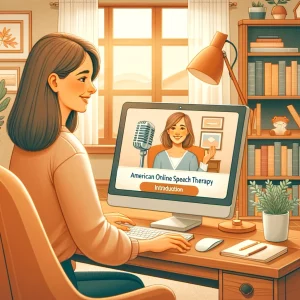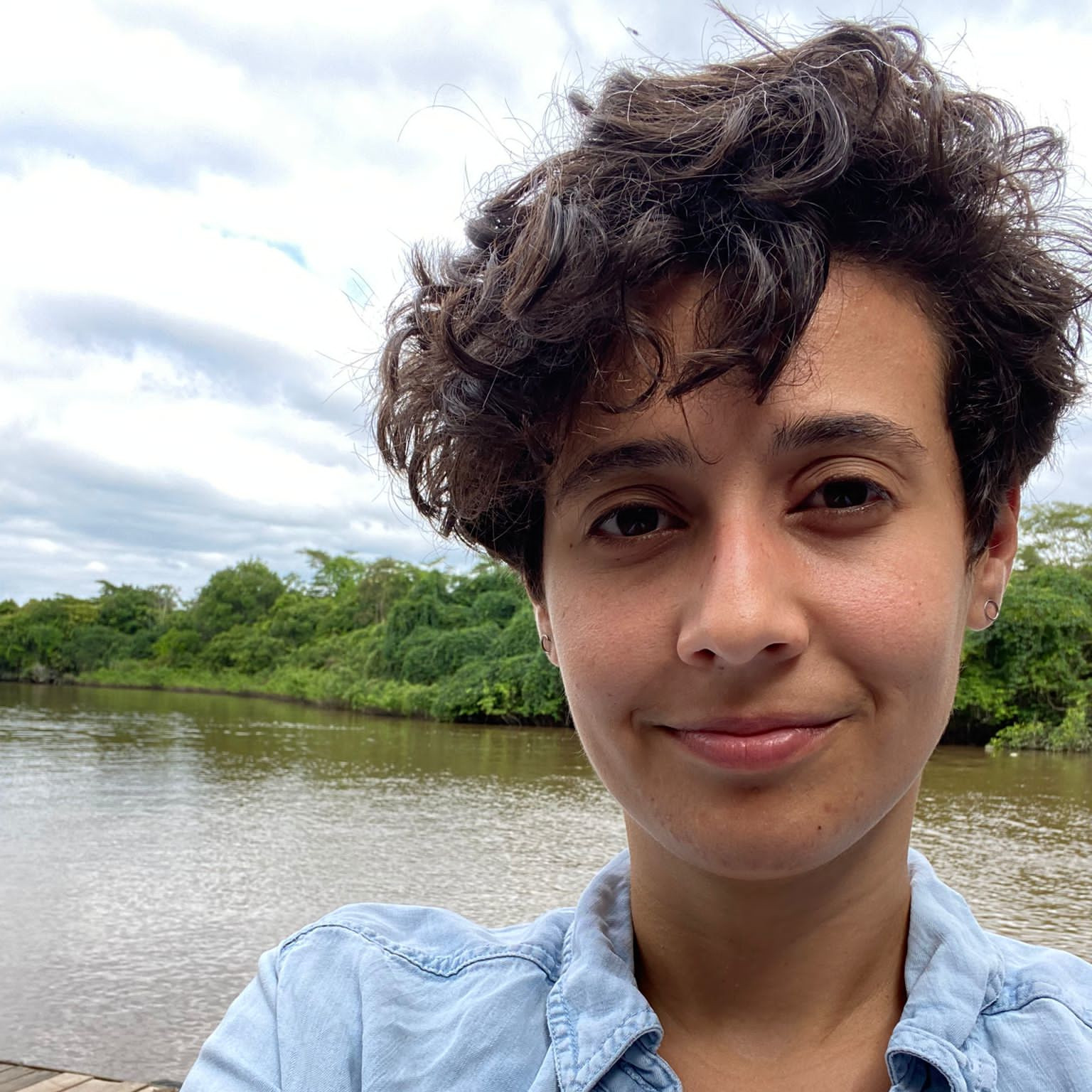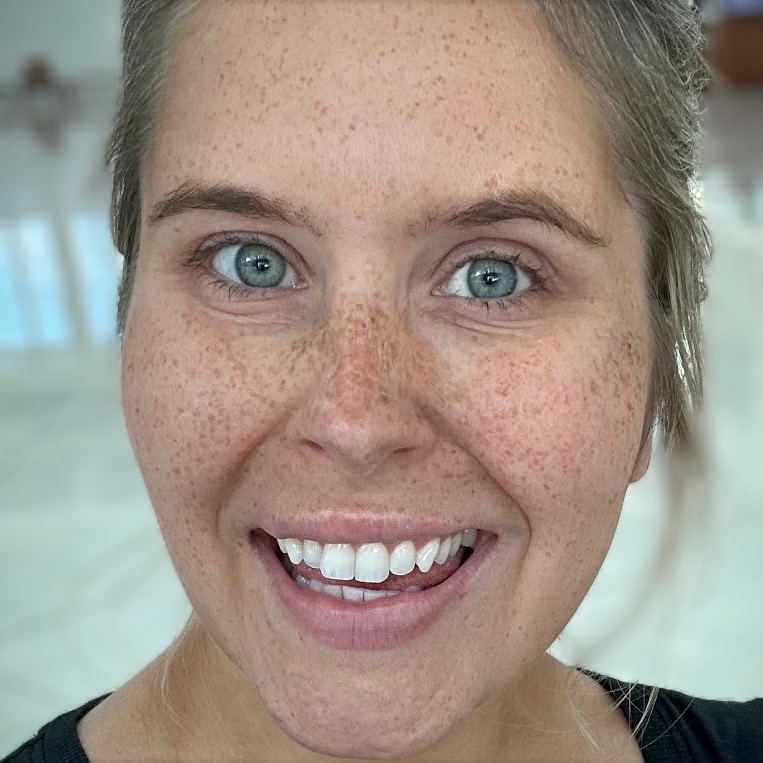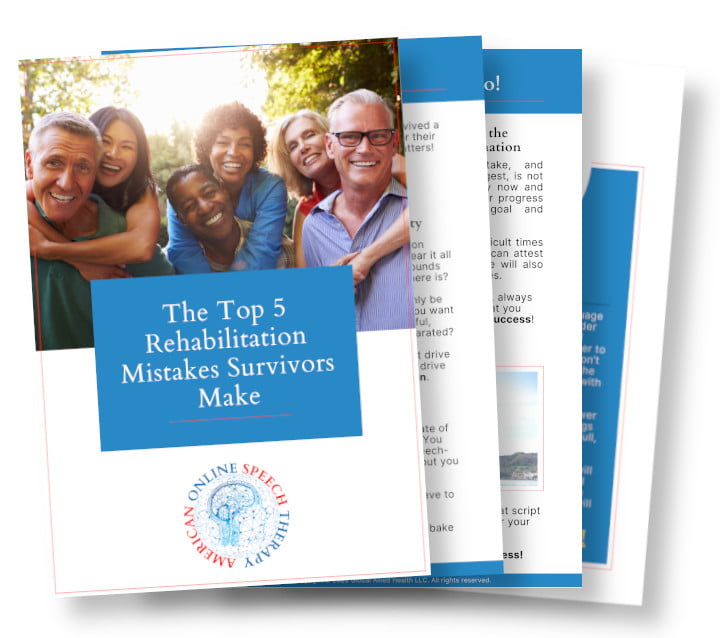






Schedule a Consultation

Meet Your Speech Therapist

Get Your Life Back

Seth Koster graduated from Eastern Michigan University with his bachelors degree in Speech and Language Impairment in 2007 and graduated from Howard University with his masters degree in Communication Science and Disorders in 2010. He is licensed in multiple states and holds the national Certificate of Clinical Competence in Speech-Language Pathology (CCC-SLP) through the American Speech-Language-Hearing Association (ASHA.org) and has been a guest speaker and taught courses at universities in the USA, Japan and Vietnam.

Estefania Moreno, M.S. CCC-SLP

Allison Elwell, M.S. CCC-SLP

Emiko Lee, Writer
Parkinson's disease is a progressive neurological disorder that affects movement. It is caused by a lack of dopamine, a chemical messenger in the brain.
The main motor symptoms include tremors, stiffness or rigidity, slowness of movement (bradykinesia), and impaired balance and coordination. Non-motor symptoms may include depression, cognitive impairment, sleep disorders, and speech/swallowing problems.
The exact causes are unknown, but both genetic and environmental factors are thought to play a role. Parkinson's occurs when dopamine-producing neurons in the brain are damaged or die off.
Parkinson's disease can cause speech difficulties like slurred or soft speech (dysarthria, hypophonia), as well as language problems such as trouble finding words or forming sentences due to its effects on the muscles involved in speaking and cognitive-linguistic function.
Yes, speech therapy can be very beneficial for managing the speech, voice, and swallowing difficulties caused by Parkinson's. A speech-language pathologist can provide exercises and techniques to improve articulation, increase vocal loudness, regulate speech rate, and promote clearer communication overall. Therapy can also help with cognitive-linguistic deficits and swallowing problems related to Parkinson's.
Online speech therapy offers increased accessibility and convenience for those with Parkinson's disease. Patients can receive quality treatment from home without dealing with transportation or mobility challenges associated with Parkinson's. Virtual sessions also allow more flexibility in scheduling around symptoms. Additionally, the online format provides a comfortable, familiar environment for practicing communication skills.
The recovery timeline for speech and language deficits caused by Parkinson's can vary significantly between individuals. In many cases, these communication difficulties gradually worsen over time as the disease progresses. With early speech therapy intervention and consistent practice of techniques, some people are able to maintain their speech and language skills for years. However, major improvements are difficult once significant deficits have set in. Continued speech therapy is usually recommended to preserve communication abilities for as long as possible.
There are several types of support available for families caring for a loved one with the speech and language challenges of Parkinson's disease:
Having a strong support system is important when adapting to the communication disorders associated with Parkinson's disease.
Right here you can get our free eBook “The Top 5 Rehabilitation Mistakes Survivors Make”.
You’ll learn:
The strength of inspiration!
The force of motivation!
The focus of goals!
The power of work!
The transformation of success!




